Euphoria Season Two: The Unsatisfying Sequel
“In my opinion, season one deserved its virality, but the second season did not live up to the hype.”
A twelve-year old with a diamond face tattoo. An unglorified story of addiction. A queer adult’s midlife crisis.
The critically acclaimed show lauded by teenagers and adults alike, Euphoria, returned in January with its second season, and it did not disappoint in the vulgarity and explicit content expected by season one fans.
Various media corporations and streaming services have been trying their hand at creating shows to target the incoming consumer generation dominated by millennials and Gen Z, yet few have succeeded to the extent that Euphoria has. As stated in Variety, 13.1 million viewers have seen the season two premiere, and in two months the show has become the second most popular show on HBO ever, second only to Game of Thrones.
In my opinion, season one deserved its virality, but the second season did not live up to the hype.
The show centers on a colorful cast of high school students residing in Los Angeles, but namely Rue (Zendaya Coleman), a 17 year-old girl grappling with substance abuse and its subsequent effect on all of the relationships in her life. In season one we watch as she returns from rehab and begins to relapse, while entering into a relationship with the new girl in town, Jules (Hunter Schafer). Simultaneously, Maddie (Alexa Demie) suffers through an abusive relationship with her boyfriend Nate (Jacob Elordi), and Maddie’s best friends Cassie (Sydney Sweeney) and Kat (Barbie Ferreira) deal with their own struggles of craving male validation and fitting in during the modern age, respectively.
The most effective parts of season one and season two are analogous. In season one, writer and director Sam Levinson wrote out each of the characters’ punchy personal storylines briefly, then threw these people into the same area and viewers watched them react to one another. Whether that setting was a carnival or a party, it was interesting because it was a collision of a plethora of identities, each representing a different part of the high school in the 21st century zeitgeist with which the audience could identify, and this is the biggest area where season two drops the ball.
The final two episodes see the entire school gather in the high school auditorium to watch the play written by Lexi (Maude Apatow), surrounding the students’ own lives, and these scenes are fueled by a magnificent concoction of adolescent hormonal volatility and tension. Those same interpersonal dynamics the audience has longed for during the season return briefly during the seventh episode, and first half of the season finale, but are far too fleeting.
Season two sees Cassie and Nate go behind Maddie’s back and begin dating, and the season spends its majority building the dramatic irony surrounding this situation and further characterizing Cassie, but she just isn’t that interesting. Hours are wasted simply reiterating her issues in redundancy, while characters like Kat’s plot lines fizzle out in boring afterthoughts.
Even Jules, a previous main character of the show, has about 15 minutes of time on screen total. During this time, not one of her major flaws (such as cheating on her girlfriend multiple times) are resolved, or even incur light consequences upon her existence. The characters that drew people in are completely abandoned in service of this backstabbing best friend trope that has been done before and done better.
The only highlight other than Lexi’s play, for me, came in Rue’s development. Rue struggles with addiction throughout the show, whether it be to cocaine or Xanax, and these internal conflicts become glaringly external in a massive outburst following her mother’s confiscation of a colossal amount of drugs that Rue was planning to sell. Not only was an award-winning performance given by Zendaya in this scene, but the following sequences of her frantic silhouette spiraling through a police chase lit through the sepia lens of the film the season was shot on, was a mise en scene assembled like no other.
Despite the lack of plot interest for much of the season, the cinematography has never failed to be more impressive than almost anything else on television right now, and the culmination of Rue’s relapse being shot this way was truly the highlight of the season. Euphoria has every bit of potential to return again years from now with a fantastic third season, but all I hope to experience is something more impressive than what I witnessed in the last two months of watching.

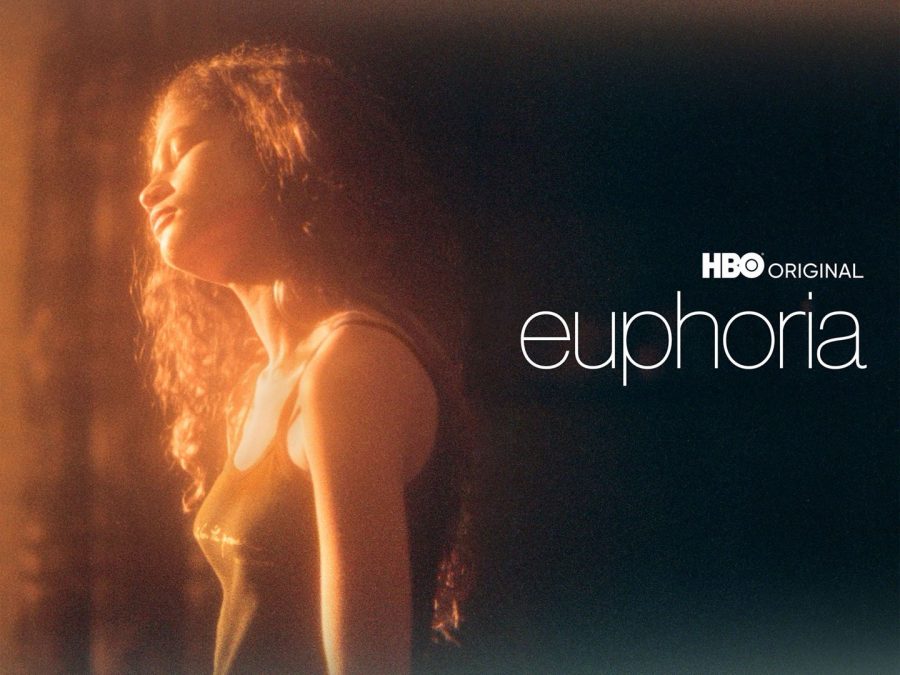


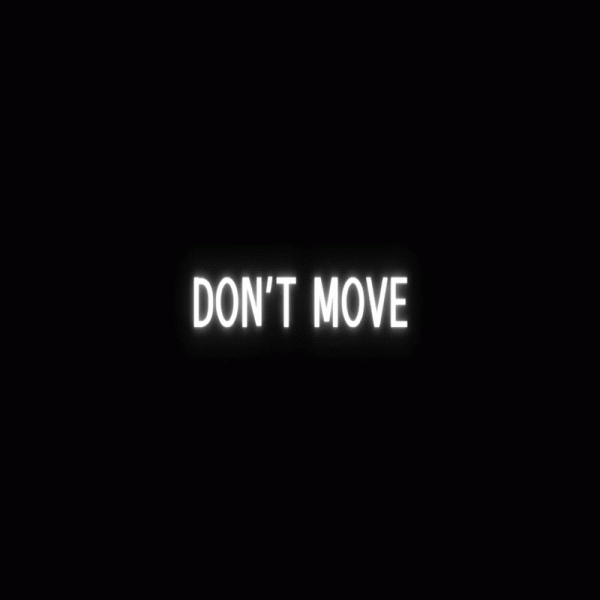
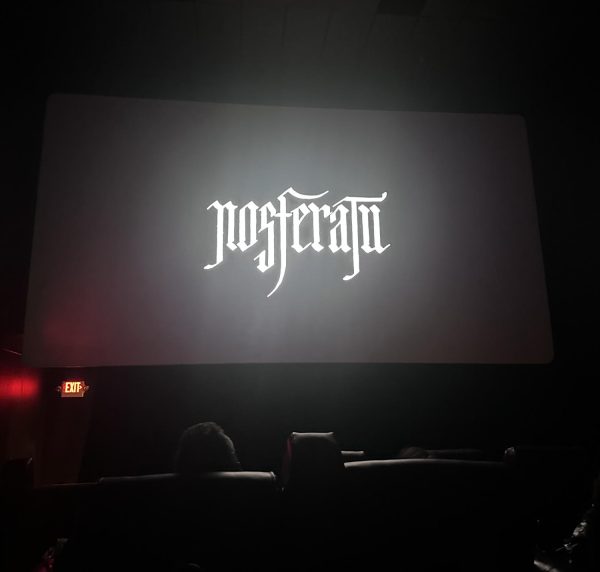
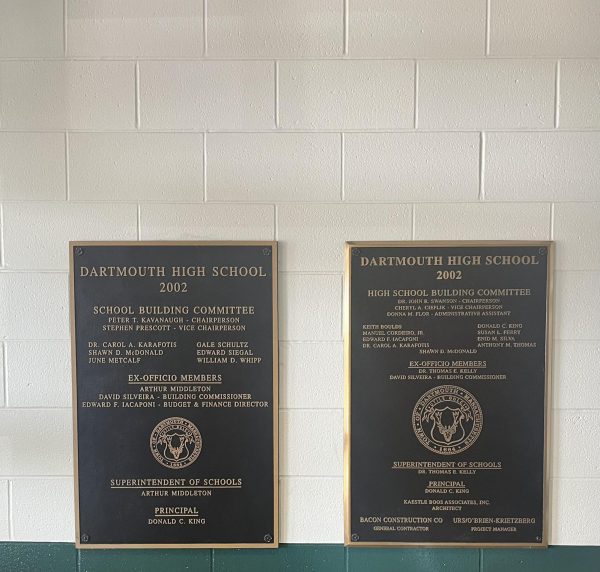
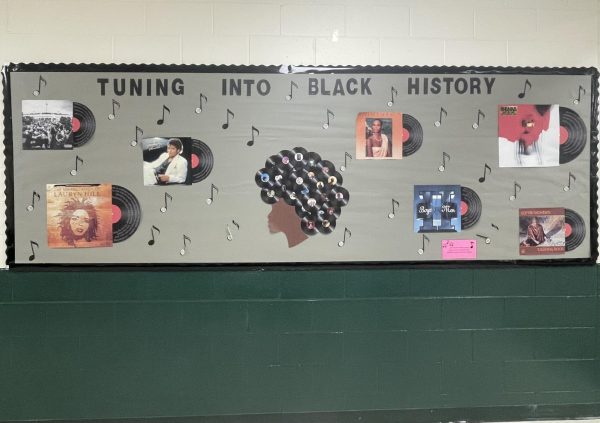
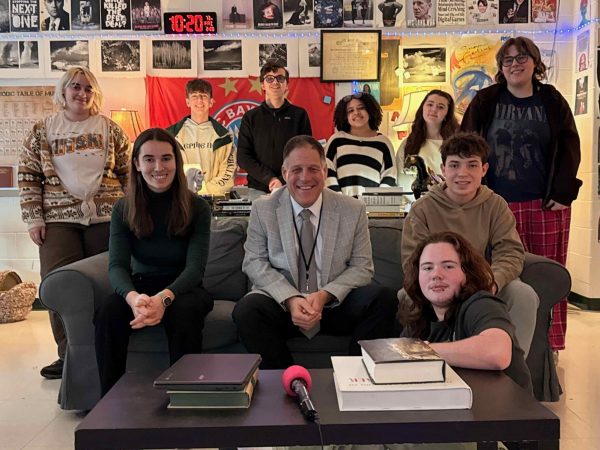

anaoliveira • Mar 13, 2022 at 8:24 pm
Love to see it